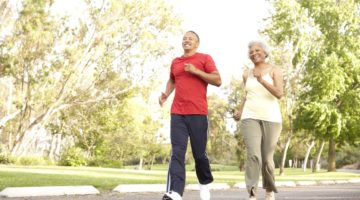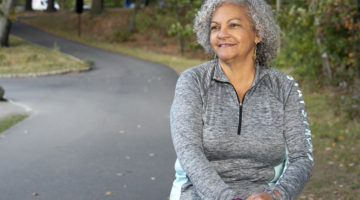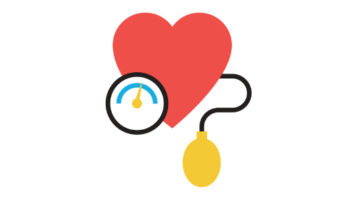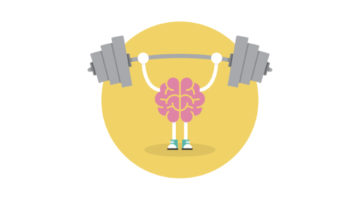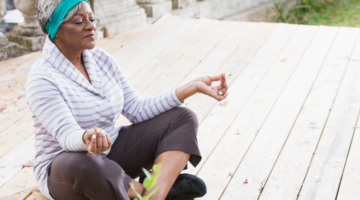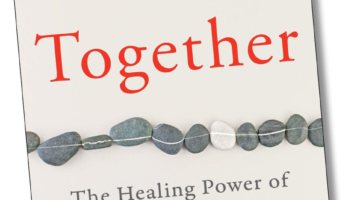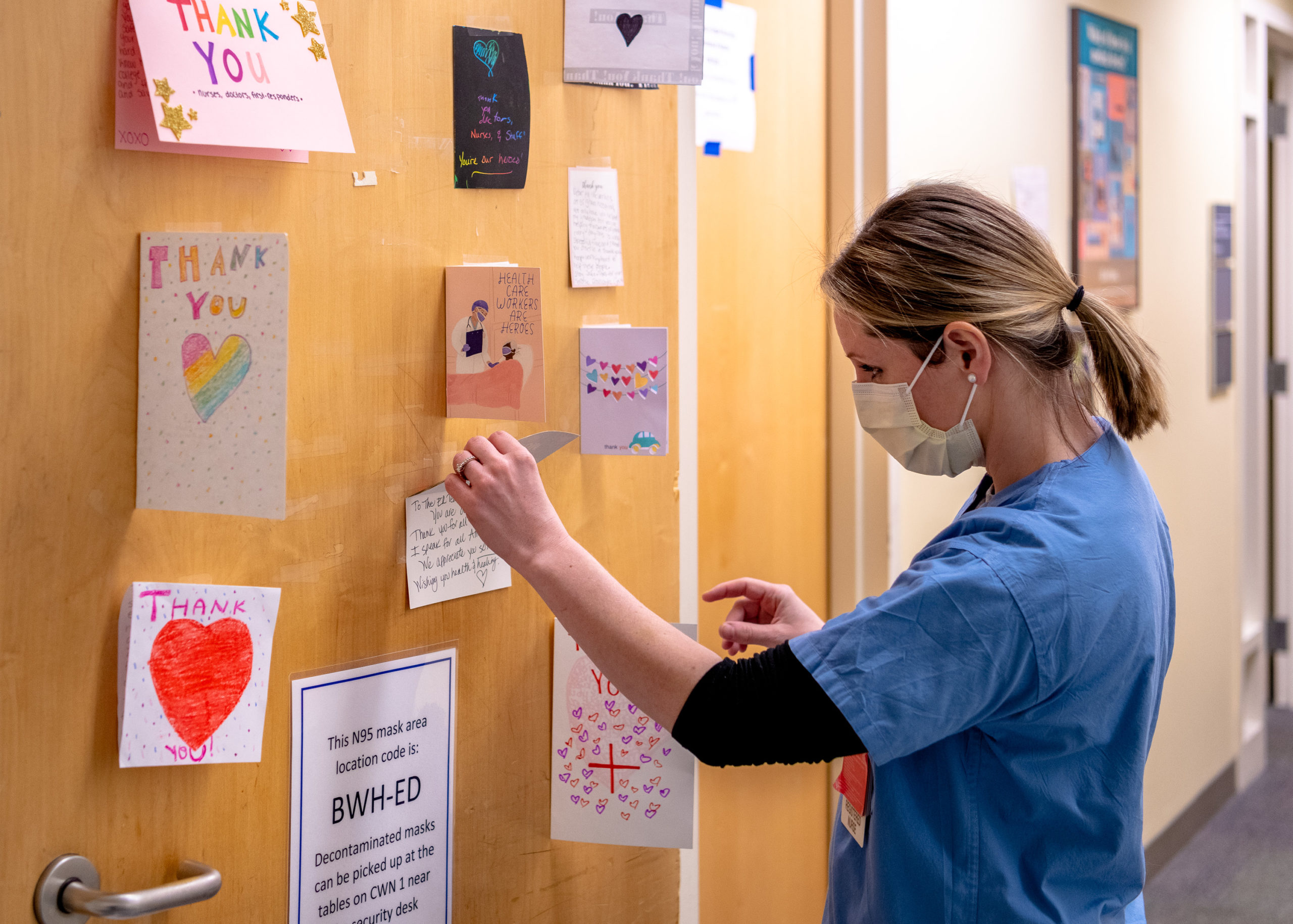
Resilience is an umbrella term that captures a broad array of traits that help people “bend, not break” in the face of stress. As individuals, what can we do to get through this COVID-19 crisis with resilience and move forward with better mental and physical health? Here are a few strategies:
Name what is distressing in real time. Pull out that emotional vocabulary wheel and remember our inner lives are more than just sad, mad, and glad. In this time of great stress, experiencing loneliness, worry, fear, anger, and even shame is a function of being human, not a sign of weakness. After all, courage is not the absence of fear; it’s the necessary action taken notwithstanding that emotion.
Never worry alone. Physical distancing is not intended to result in social isolation. Community is a fundamental building block of human survival. We all gain when we get help with complex problems from multiple perspectives. If you notice that your social relationships are suffering, you’re not functioning well, or you are starting to have thoughts that scare you, professional help may be lifesaving.
Maintain a sense of purpose. We can bear adversity in great measure if it doesn’t feel gratuitous. There is a threat of moral injury in disasters—triaging amidst limited resources, fear of putting others at risk, watching suffering that might have been averted “if only.” At these moments, we can think, “What can I do here, right now? What can I control, and what is beyond my control?”
Recognizing we have an opportunity to be stronger by surviving adversity―in ways we may not even imagine―we learn, teach, care, and endure.
This column was adapted from “The COVID Resilience Marathon,” written by Nomi Levy-Carrick, MD, MPhil, and originally published on Medium by Ariadne Labs. Ariadne Labs is a joint center for health systems innovation at Brigham and Women’s Hospital and the Harvard T.H. Chan School of Public Health.

Written by Nomi Levy-Carrick, MD, MPhil,
associate vice chair, Ambulatory Services, Department of Psychiatry



